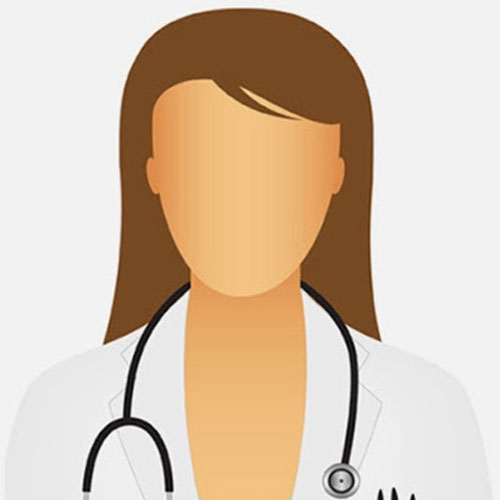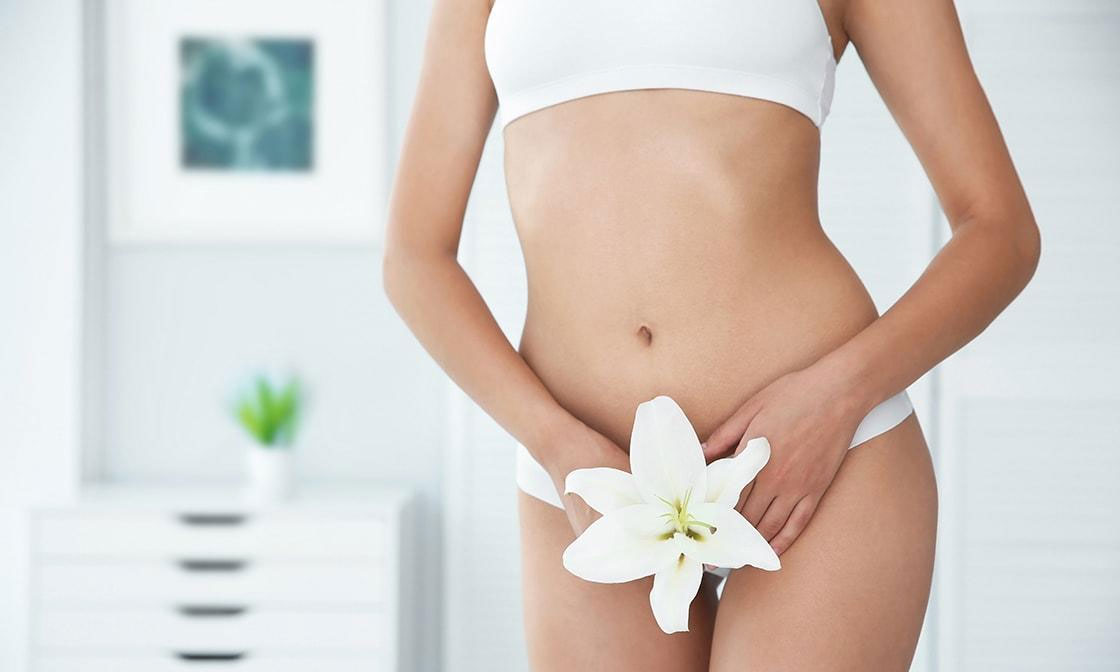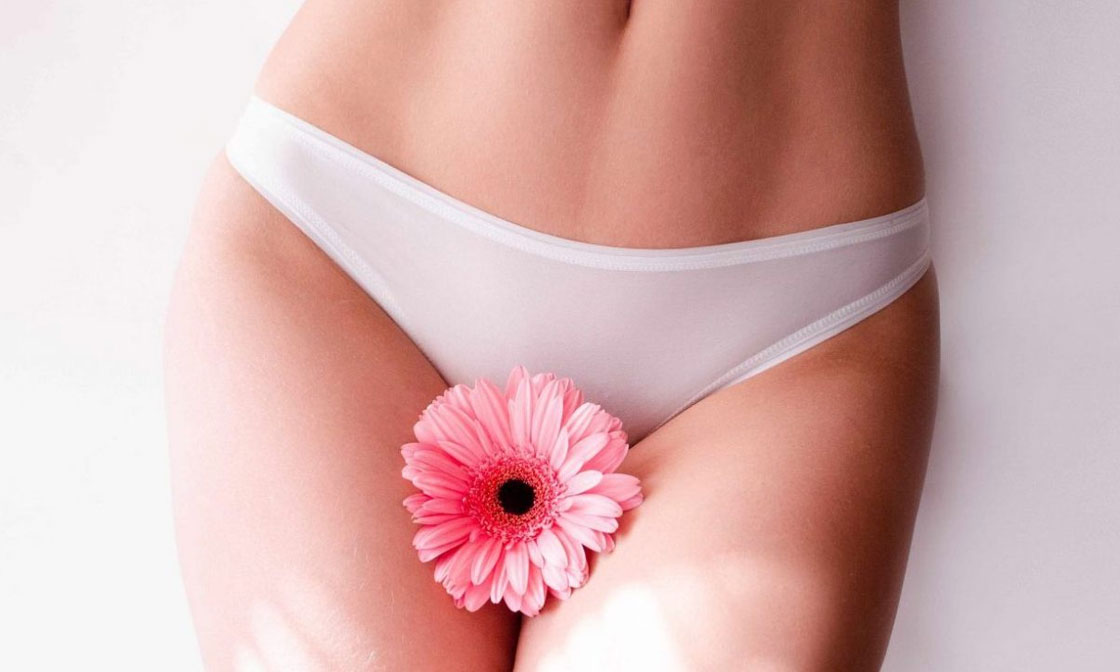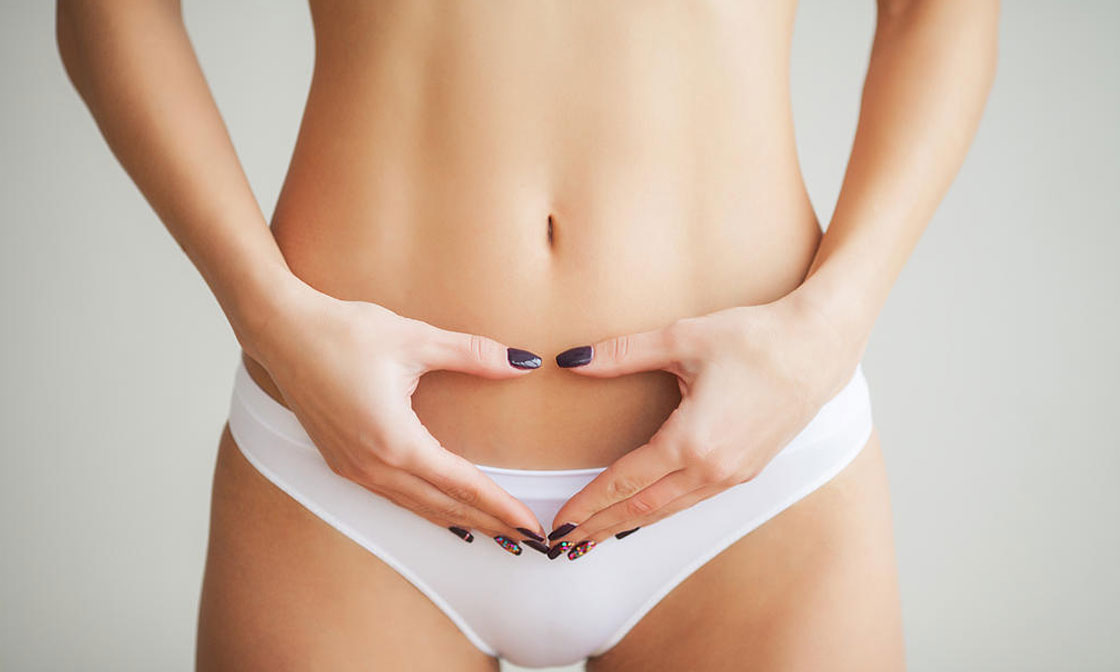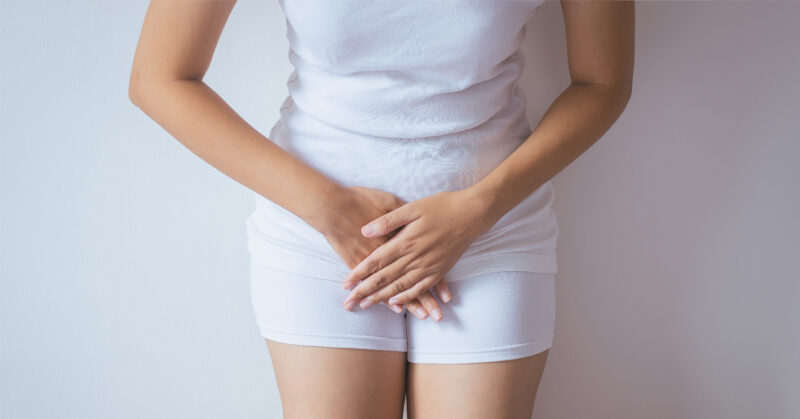- Malad West, Mumbai
- +91-7400188399
- mccmumbaicosmeticcentre@gmail.com
Vaginal Dryness Treatment
Vaginal Dryness Treatment in Mumbai
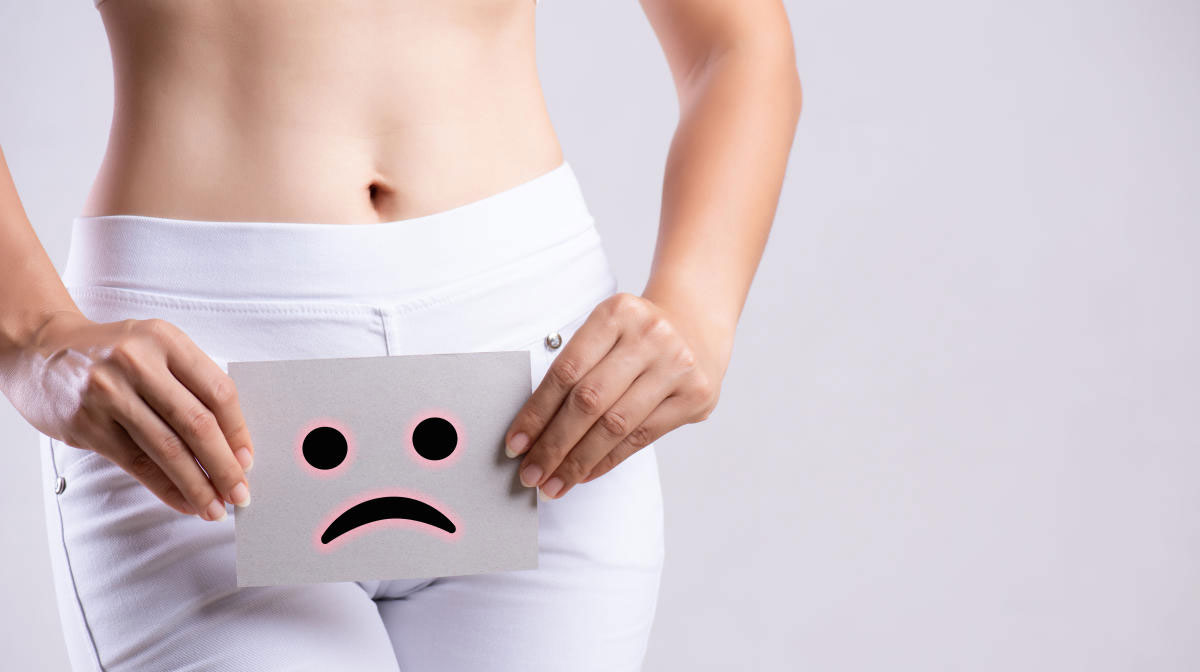
What is Vaginal Dryness?
Vaginal dryness is a condition where the vaginal walls do not produce enough natural lubrication, causing discomfort, irritation, and pain during intercourse. It is common in women, especially during menopause, but it can happen at any age due to hormonal changes, stress, or certain medications. The vagina naturally stays moist due to estrogen, and when estrogen levels drop, dryness can occur.
Causes of Vaginal Dryness
Several factors can contribute to vaginal dryness, including:
Menopause and Aging –Lower estrogen levels reduce natural lubrication
Breastfeeding or Postpartum –Hormonal changes can cause temporary dryness
Certain Medications –Birth control pills, antihistamines, and antidepressants can reduce vaginal moisture
Stress and Anxiety –Emotional stress can affect the body’s natural lubrication
Cancer Treatments –Radiation and chemotherapy can lower estrogen levels
Douching or Harsh Soaps –Can disturb the vaginal pH balance and cause irritation
How Common is Vaginal Dryness?
Vaginal dryness is very common,particularly among women going through menopause. Studies show that up to 50% of postmenopausal women experience vaginal dryness. However, it also affects younger women due to hormonal fluctuations, stress, or certain medical conditions.
Impact of Vaginal Dryness on Daily Life
Persistent vaginal dryness can affect overall well-being in several ways:
Discomfort during daily activities –Dryness can cause irritation even when not engaging in intercourse.
Painful intercourse –A leading cause of discomfort in intimate relationships.
Increased risk of infections –A dry vaginal environment can disrupt the natural pH balance and increase susceptibility to infections like bacterial vaginosis or UTIs.
Lowered confidence and self-esteem –Persistent dryness and discomfort can lead to anxiety about intimacy.
Fortunately, non-surgical treatments can effectively relieve symptoms and restore vaginal moisture.
Non-Operative Management of Vaginal Dryness
1. Vaginal Moisturizers
- Help maintain hydration and relieve discomfort.
- Regular use improves natural lubrication.
- Available over-the-counter.
2. Water-Based Lubricants
- Provide instant relief from dryness during intercourse.
- Avoid lubricants with artificial fragrances or alcohol to prevent irritation.
3. Hydration and Diet
- Drinking plenty of water keeps the body and vaginal tissues hydrated.
- Consuming omega-3 fatty acids (found in fish, flaxseeds, and walnuts) supports vaginal health.
4. Vaginal Estrogen Therapy
- Available as creams, tablets, or vaginal rings.
- Helps restore vaginal tissue elasticity and moisture, especially for menopausal women.
- Requires medical consultation before use.
5. Herbal Remedies and Natural Oils
- Coconut oil and vitamin E oil may help moisturize and soothe vaginal tissues.
- Aloe vera-based gels can provide gentle hydration.
6. Avoid Irritants
- Ditch harsh soaps, scented hygiene products, and douching, as they strip natural moisture.
- Opt for mild, fragrance-free cleansers.
7. Pelvic Floor Exercises
- Strengthening pelvic muscles can improve blood flow and vaginal health.
- Regular Kegel exercises may enhance vaginal tissue flexibility.
If vaginal dryness persists, affects your daily life, or causes painful intercourse, consult a healthcare provider for personalized treatment options.
Top Vaginal Dryness Experts in Mumbai
FAQs About Vaginal Dryness
1. Is vaginal dryness only a menopause problem?No, while menopause is a common cause, younger women can also experience vaginal dryness due to stress, breastfeeding, medications, or hormonal changes.
2. Can vaginal dryness go away on its own?Sometimes, if caused by temporary factors like stress or medication. However, if dryness persists, using lubricants, moisturizers, or consulting a doctor may help.
3. Can vaginal dryness affect intimacy?Yes, it can cause discomfort or pain during intercourse, but using lubricants and seeking medical treatment can help improve intimacy and comfort.
4. Are home remedies effective for vaginal dryness?Drinking water, using gentle products, and managing stress can help. However, persistent dryness may require lubricants, moisturizers, or medical treatments.
5. When should I see a doctor for vaginal dryness?If dryness is causing pain, discomfort, or affecting your quality of life, it’s best to consult a doctor for proper diagnosis and treatment.

